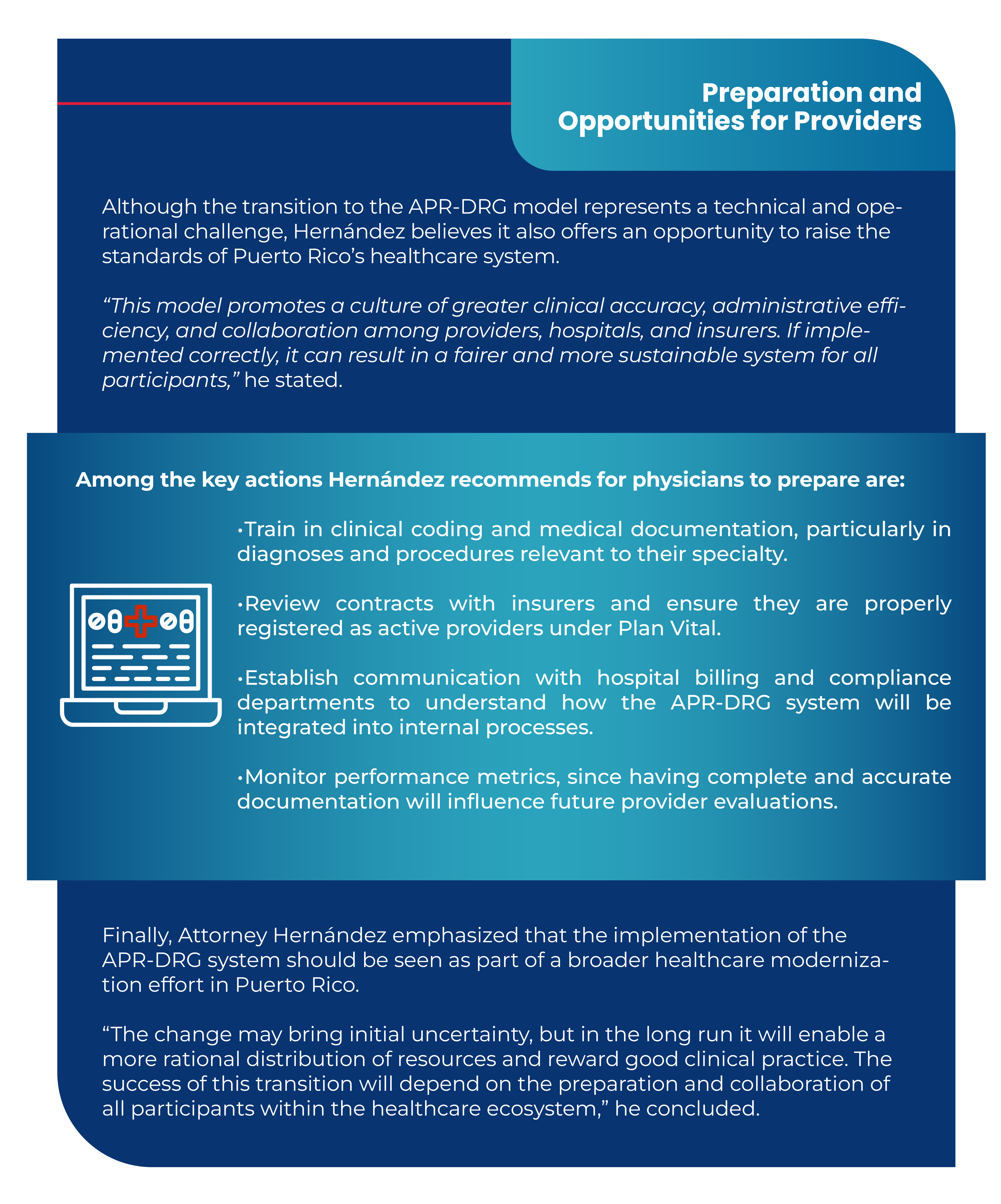This post is also available in:
 Español (Spanish)
Español (Spanish)
By Salvador Rovira Rodríguez, Esq., LLM, CEO of CredeMtia
Proper management of medical appointments is an essential element in ensuring service quality and patient safety. Several studies conducted in the United States have shown that delays in accessing care can have significant clinical and legal consequences—a scenario that also resonates in Puerto Rico, where challenges related to availability and timely follow-up remain a shared reality among many providers. Implementing organized processes, maintaining effective communication with patients, and documenting clinical decisions related to scheduling are practices that strengthen trust, prevent risks, and promote continuity of care.
Poor management of appointment schedules can result in long waiting times, delays in critical diagnoses, and, in some cases, serious health consequences for patients. In the United States—where the healthcare industry is highly regulated—these issues can lead to medical malpractice lawsuits with multimillion-dollar settlements. 
According to a study by Johns Hopkins University published in The BMJ (2016), medical errors are the third leading cause of death in the United States, with approximately 250,000 deaths annually. Among these errors, lack of timely access to appointments and poor scheduling management can be determining factors in the deterioration of a patient’s health. This figure surpasses deaths caused by respiratory diseases, according to the Centers for Disease Control and Prevention (CDC).
Researchers noted that the current classification of causes of death does not include medical errors as an independent category, which leads to an underestimation of their actual impact on health statistics. This finding underscores the need to improve documentation accuracy and to implement effective measures to prevent errors related to clinical and administrative management.
In addition, reports from the National Practitioner Data Bank (NPDB)—an entity created by the U.S. Congress to monitor adverse actions and malpractice claims—reflect that poor administration in medical appointment coordination has been one of the recurring causes in legal claims over the past decade.
Similarly, the American Medical Association (AMA) indicates that approximately 34% of medical malpractice lawsuits include allegations of lack of timely care (AMA Report on Medical Malpractice, 2022). These data highlight the importance of efficient appointment scheduling and follow-up management to avoid delays that could compromise patient health and lead to legal liability for professionals or institutions.
The “Delay of Treatment” Doctrine and Its Legal Implications
 The Delay of Treatment doctrine establishes the responsibility of physicians or healthcare centers when a patient suffers harm due to an unjustified delay in receiving medical services. In the legal context, such a delay may constitute negligence if it can be shown that the patient experienced avoidable harm as a result of postponed diagnosis or treatment.
The Delay of Treatment doctrine establishes the responsibility of physicians or healthcare centers when a patient suffers harm due to an unjustified delay in receiving medical services. In the legal context, such a delay may constitute negligence if it can be shown that the patient experienced avoidable harm as a result of postponed diagnosis or treatment.
This principle emphasizes the importance of an organized medical schedule, appropriate allocation of resources, and prioritization of urgent cases. Hospitals and clinics should strengthen their protocols to minimize these risks through the use of electronic scheduling systems, digitalized records, and reduced waiting times.
Physicians, in turn, must properly document the reasons for any delay, as well as the clinical decisions that justify the scheduling or rescheduling of an appointment. The absence of documentation can become a critical factor in legal proceedings.

This post is also available in:
 Español (Spanish)
Español (Spanish)








